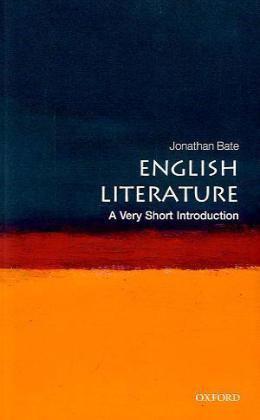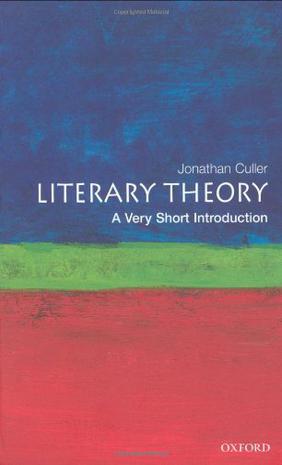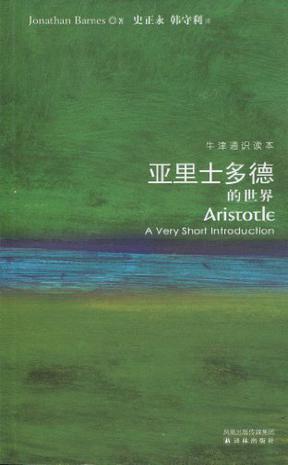-

English Literature
Sweeping across two millennia and every literary genre, acclaimed scholar and biographer Jonathan Bate provides a dazzling introduction to English Literature. The focus is wide, shifting from the birth of the novel and the brilliance of English comedy to the deep Englishness of landscape poetry and the ethnic diversity of Britain's Nobel literature laureates. It goes on to provide a more in-depth analysis, with close readings from an extraordinary scene in King Lear to a war poem by Carol Ann Duffy, and a series of striking examples of how literary texts change as they are transmitted from writer to reader. The narrative embraces not only the major literary movements such as Romanticism and Modernism, together with the most influential authors including Chaucer, Donne, Johnson, Wordsworth, Austen, Dickens and Woolf, but also little-known stories such as the identity of the first English woman poet to be honoured with a collected edition of her works. Written with the flair and passion for which Jonathan Bate has become renowned, this book is the perfect Very Short Introduction for all readers and students of the incomparable literary heritage of these islands. -

Literary Theory
What is Literary Theory? Is there a relationship between literature and culture? In fact, what is Literature, and does it matter? These are the sorts of questions addressed by Jonathan Culler in a book which steers a clear path through a subject which is often perceived to be impenetrable. It offers insights into theories about the nature of language and meaning, whether literature is a form of self-expression or a method of appeal to an audience, and outlines the ideas behind a number of different schools: deconstruction, semiotics, postcolonial theory, and structuralism amongst them. -

亚里士多德的世界
作为哲学家中的翘楚,亚里士多德对西方思想史的影响无人能及。在《亚里士多德的世界》中,乔纳森•巴恩斯根据现有研究成果及个人理解,向我们呈现了一个有别于传统印象的亚里士多德。作者将亚里士多德的学说还原到历史背景中,探究了亚里士多德的科学研究、逻辑学发现、形而上学理论,亚里士多德在心理学、伦理学、政治学方面的著作,以及亚里士多德关于艺术与诗的思想。 -

The Reagan Revolution
"They called it the Reagan revolution," Ronald Reagan noted in his Farewell Address. "Well, I'll accept that, but for me it always seemed more like the great rediscovery, a rediscovery of our values and our common sense." Nearly two decades after that 1989 speech, debate continues to rage over just how revolutionary those Reagan years were. The Reagan Revolution: A Very Short Introduction identifies and tackles some of the controversies and historical mysteries that continue to swirl around Reagan and his legacy, while providing an illuminating look at some of the era's defining personalities, ideas, and accomplishments. Gil Troy, a well-known historian who is a frequent commentator on contemporary politics, sheds much light on the phenomenon known as the Reagan Revolution, situating the reception of Reagan's actions within the contemporary liberal and conservative political scene. While most conservatives refuse to countenance any criticism of their hero, an articulate minority laments that he did not go far enough. And while some liberals continue to mourn just how far he went in changing America, others continue to mock him as a disengaged, do-nothing dunce. Nevertheless, as Troy shows, two and a half decades after Reagan's 1981 inauguration, his legacy continues to shape American politics, diplomacy, culture, and economics. Both Bill Clinton and George W. Bush modeled much of their presidential leadership styles on Reagan's example, while many of the debates of the '80s about the budget, tax cutting, defense-spending, and American values still rage. Love him or hate him, Ronald Reagan remains the most influential president since Franklin D. Roosevelt, and one of the most controversial. This marvelous book places the Reagan Revolution in the broader context of postwar politics, highlighting the legacies of these years on subsequent presidents and on American life today. -

Nietzsche
The philosophy of Friedrich Nietzsche (1844-1900) was almost wholly neglected during his sane life, which came to an abrupt end in 1889. Since then he has been appropriated as an icon by an astonishingly diverse spectrum of people, whose interpretations of his thought range from the highly irrational to the firmly analytical. Thus Spoke Zarathustra introduced the 'superman' and The Twilight of the Idols developed the 'Will to Power' concept; these term, together with 'Sklavenmoral' and 'Herrenmoral', became confused with the rise of nationalism in Germany. Idiosyncratic and aphoristic, Nietzsche is always bracing and provocative, and temptingly easy to dip into. Michael Tanner's readable introduction to the philosopher's life and work examines the numerous ambiguities inherent in his writings. It also explodes the many misconceptions fostered in the hundred years since Nietzsche wrote, prophetically: 'Do not, above all, confound me with what I am not!' -

Jung
Though he was a prolific writer and an original thinker of vast erudition, Jung lacked a gift for clear exposition and his ideas are less widely appreciated than they deserve. In this concise introduction, Anthony Stevens explains clearly the basic concepts of Jungian psychology: the collective unconscious, complex, archetype, shadow, persona, anima, animus, and the individuation of the Self. He examines Jung's views on such disparate subjects as myth, religion, alchemy, 'sychronicity', and the psychology of gender differences, and he devotes separate chapters to the stages of life, Jung's theory of psychological types, the interpretation of dreams, the practice of Jungian analysis, and to the unjust allegation that Jung was a Nazi sympathizer. Finally, he argues that Jung's visionary powers and profound spirituality have helped many to find an alternative set of values to the arid materialism prevailing in Western society.